Single Cell Genomics - Latin America & the Caribbean
9–15 August 2024
INCA, Rio de Janeiro, Brazil
Hands-on training on state-of-the-art approaches for eukaryotic single-cell RNA sequencing
Course Summary
Single-cell sequencing technologies are powerful tools used to assess genomic, transcriptomic and proteomics information at the single-cell level. In recent years, the application of single-cell RNA sequencing (scRNA-seq) methodologies has become increasingly common across diverse fields of life sciences research. In medicine, single-cell approaches used to investigate organisms in both health and disease conditions have advanced unprecedented understanding of organisms’ biology as a whole.
Successful scientific networks promoted by the Human Cells Atlas consortium highlighted the growing interest among scientists and an urgent need for developing capacity in single-cell technologies worldwide. However, there is still a lack of infrastructure, limited funding, and insufficient expertise to apply these cutting-edge technologies in Latin America.
Aiming to expand the region’s capacity, our short course will offer hands-on laboratory and bioinformatics analysis training, tailored to empower researchers in Latin America with essential skills to employ single-cell technologies.
Following our successful first edition, this course will mark a revised second version, reflecting the high demand and positive feedback received previously. Building on the foundation laid by the inaugural course, we aim to delve deeper into the realm of single-cell technologies. This time, we are dedicated to exploring a broader spectrum of cutting-edge methodologies. These advancements promise to further enhance the capacity of researchers in Latin America, equipping them with the knowledge and skills needed to leverage the full potential of single-cell technologies in their scientific endeavours.
Target Audience
Early and mid-career scientists, PhD students, and postdoctoral researchers based in Latin American countries who are engaged or planning to engage in single-cell research.
Prerequisites
We recommend that participants be familiar with the basics of genomics and molecular Biology. The hands-on bioinformatics modules will be taught using R. Therefore, participants are required to have some familiarity with the R language. This will be essential for participants to fully benefit from the course. All candidates will be requested to undertake pre-course activities to gain the fundamental knowledge needed during the course.
The course will be taught in English but there will be support from Portuguese and Spanish-speaking instructors.
Programme
Course Content
This hands-on laboratory and bioinformatics course will offer a series of lectures and practical sessions including the following topics:
- Introduction to single-cell sequencing: applications and analysis
- Single-cell RNA sequencing methods: detailed state-of-the-art molecular biology protocols for sample preparation
- Hands-on single-cell techniques: from cell preparation to data analysis
- Best practices for planning and executing single-cell experiments, quality control and troubleshooting
- Bioinformatics training: workflows and tools for data processing, visualization, and cellular structure identification
- Group projects: bioinformatics analyses and grant writing
Learning Outcomes
At the end of this course, participants will be able to:
- Compare single-cell RNA sequencing (scRNA-seq) methodologies to identify suitable applications.
- Plan and perform scRNA-seq laboratory techniques and data analysis to obtain high-quality outputs.
- Apply R scripting and publicly available data repositories to analyse scRNA-seq data.
- Design and execute a bioinformatics analysis pipeline for scRNA-seq data.
- Interpret the outcomes of a single-cell RNA-seq pipeline in light of a biological question.
Instructors
Scientific Organising Committee
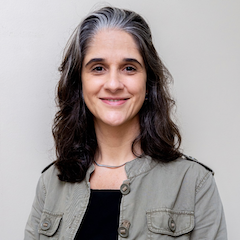
Patricia Abrão Possik
National Institute of Cancer (INCA), Brazil

Mariana Boroni
National Institute of Cancer (INCA), Brazil
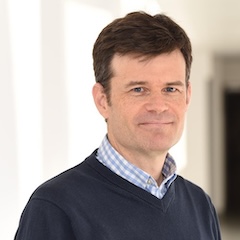
David Adams
Wellcome Sanger Institute, United Kingdom
Instructors and Assistants
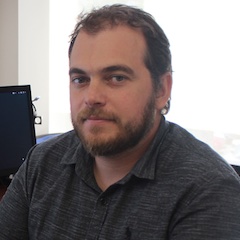
Vinicíus Maracajá-Coutinho
University of Chile, Chile
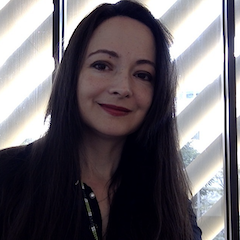
Patricia Severino
Albert Einstein Research and Education Institute, Brazil
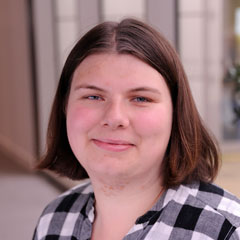
Lia Chappell
Wellcome Sanger Institute, United Kingdom
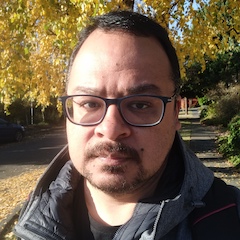
Benilton de Sá Carvalho
Unicamp, Brazil
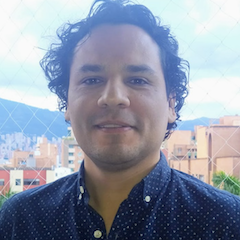
Yesid Cuesta Astroz
University of Antioquía, Colombia
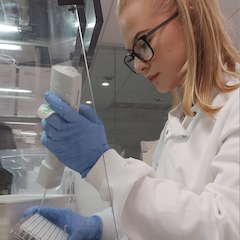
Anita Scoones
Earlham Institute, United Kingdom
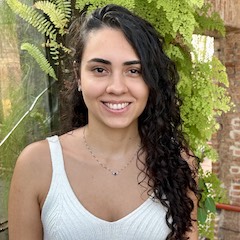
Danielle Carvalho
National Institute of Cancer (INCA), Brazil
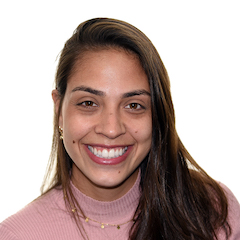
Flavia Aguiar
National Institute of Cancer (INCA), Brazil
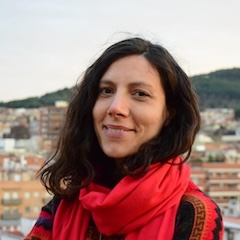
Domenica Marchese
University of Chile, Chile
Laura Leaden
Albert Einstein Research and Education Institute, Brazil
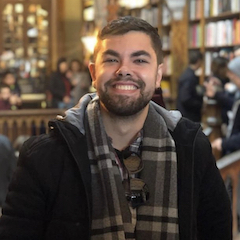
Leandro Santos
National Institute of Cancer (INCA), Brazil
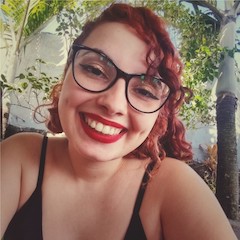
Gabriela Rapozo
National Institute of Cancer (INCA), Brazil
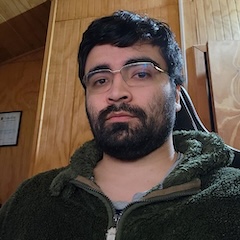
Adolfo Rojas
University of Chile, Chile
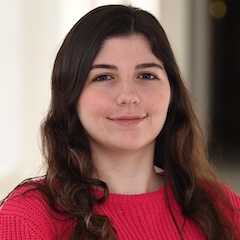
Jacqueline Boccacino
Wellcome Sanger Institute, UK
Organisers
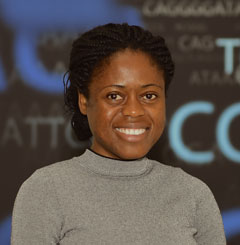
Alice Matimba
Wellcome Connecting, Science, United Kingdom
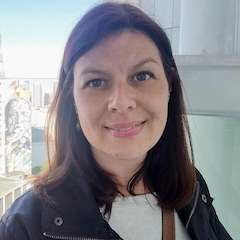
Liã Bárbara Arruda
Wellcome Connecting, Science, United Kingdom
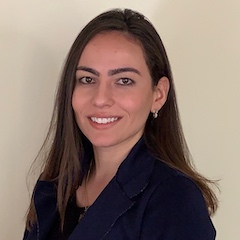
Isabela Malta
Wellcome Connecting, Science, United Kingdom

Karon Chappell
Wellcome Connecting, Science, United Kingdom

Cassandra Soo
Wellcome Connecting, Science, United Kingdom
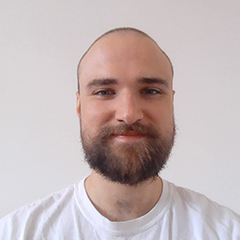
Aaron Dean
Wellcome Connecting, Science, United Kingdom
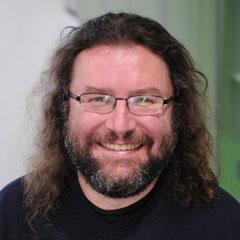
Martin Asltett
Wellcome Connecting, Science, United Kingdom
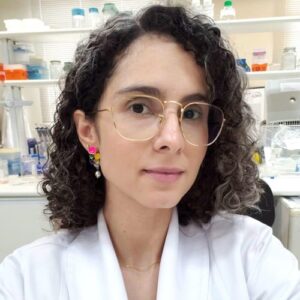
Annie Squiavinato
National Institute of Cancer (INCA), Brazil
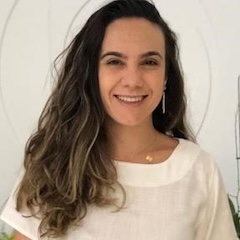
Nayara Tessarollo
National Institute of Cancer (INCA), Brazil
How to apply
How to apply
Please click on the Apply button above to begin the application process. Places are limited and will be awarded on merit. If you have any problems with the online application process, please contact us.
Please note: Applications must be supported by a recommendation from a scientific or clinical sponsor (e.g. supervisor, line manager or head of department). Applicants must ensure that their sponsor provides this supporting statement by the application deadline as a pdf document and it is uploaded onto the registration system within their application. Applications without a supporting statement cannot be considered.
Target Audience
Early and mid-career scientists, PhD students, and postdoctoral researchers based in Latin American countries who are engaged or planning to engage in single-cell research.
Cost
The course is funded by Wellcome Connecting Science and is free to attend.
Bursaries
Bursaries are offered based on merit to assist with travel, accommodation, and living expenses during the course. To apply, please complete the “bursary” section on the course application form. Recipients will typically be informed of their award in conjunction with their course acceptance. Please keep in mind that both the applicant and sponsor must provide a justification for the bursary as part of the application process.
Accommodation services phishing scam – please be vigilant. More information.

